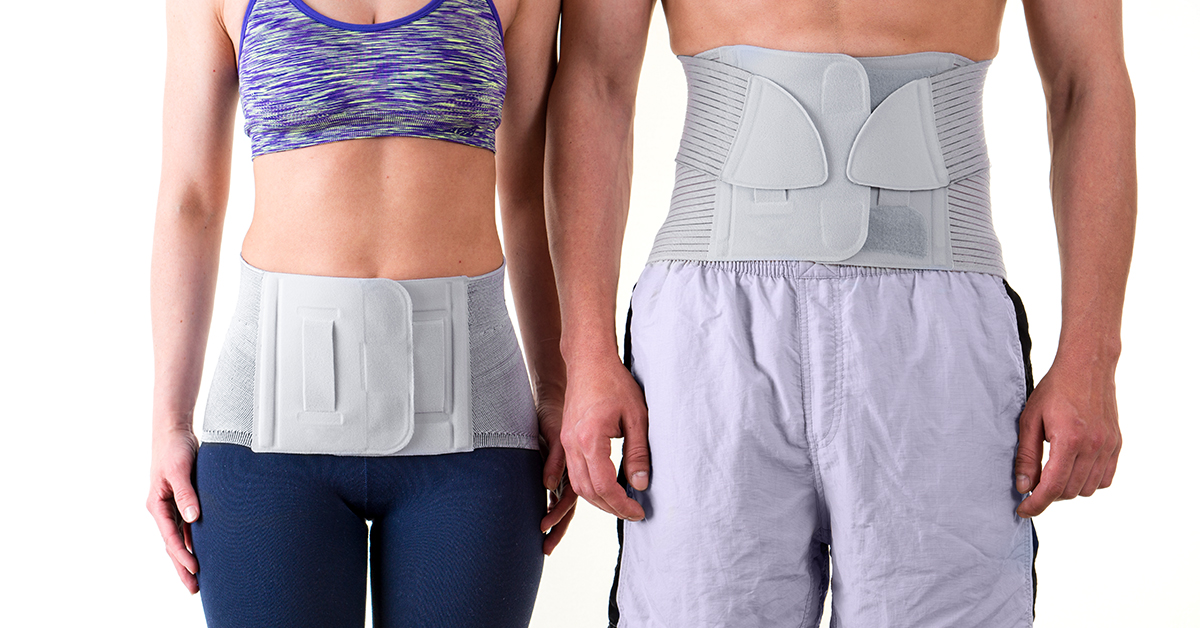Dr. Thongtrangan, Dr. T, and all of us at Microspine would like to welcome you to our blog. Here you will find informative and useful postings about your health and our practice. We believe that educated patients are better prepared to make decisions regarding their spinal health and wellbeing. Our blog is designed to provide you with valuable health care information, the latest medical developments and health advice from our dedicated team.









